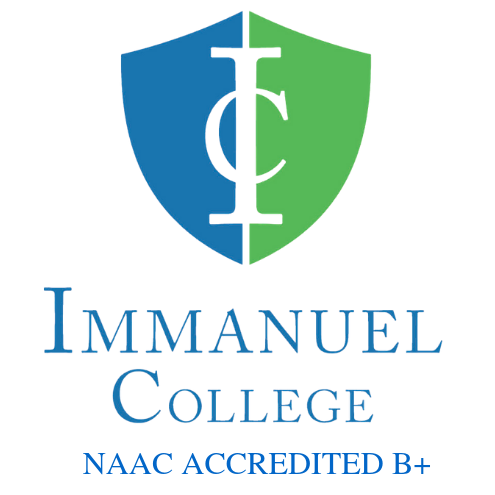PROGRAM EDUCATIONAL OBJECTIVES (PEOs) Program Outcomes (POs) & Program Specific Outcomes (PSOs) B.A HISTORY (Pass Course & Honours)
Vision
• To create a life of awareness, fulfilment and responsible citizenship.
• A passion for learning about the past; enable them to gain a better understanding of the contemporary world and make connection to the future.
Mission
• Deep study of past using the particular skills of historical thinking.
• Careful attention to evidence, drawn from a wide variety of source material.
Program Educational Objectives (PEOs)
The programme educational objective of the undergraduate programme in hisotry take into consideration the university mission and the constituents’ needs by producing graduates who, in their first years after graduation, will be able to:
1. Familiarize the social, economic, political and cultural developments in India from prehistory upto the Delhi Sultanate, focusing on socioeconomic developments and not on dynastic history, with elements of change and continuity in Indian history. Study the trends and developments in India during the Mughal and the British periods, emphasising on Socio-Economic and cultural patterns in understanding the polity and society upto the National Movement from 1850 to 1950.
2. Study the major developments in the world from the decline of the feudal age to the French revolution. Explore major developments in the modern world during the two World Wars that led to the emergence of the Cold War Era.
3. Familiarize with the major trends of the Political, Social and Economic Developments in North East India from 1822 to the reorganization of States 1972 viz, First Anglo-Burmese War and the Treaty of Yandaboo, Consolidation of British Rule in the Hills-Khasi, Garo, Mizo Hills etc.
4. Explore the colonization of South East Asia by European Powers and related developments such as the Dutch in the Archipelago; British in Burma and Malaya; Spanish and American Power in the Philippines, the French in Indo-China, and beginnings of Nationalism in South East Asia upto the Rise and Fall of Japanese power in South East Asia.
5. Understand the major political, economic, social and military forces that shaped the history of the USA from colonial days to the second world war.
6. Familiarize the students on Political History of the Naga from Pre-Colonial to State Formation viz, Pre-Colonial Naga Polity, British contact with Naga, Formation of Club 1918, Naga Resistance Movement-1951 to 1953. Along with the history of Christianity in Nagaland from its beginning in the nineteenth century upto 1972.
7. Study of ancient history to the nature of archaeological data, its method and the multidisciplinary approaches to the study of past societies under the themes viz., Basic concepts in Archaeology, Field methods, Reconstruction and Interpretation of evidence and Archaeology in India.
Programe Outcome (POs)
1. Demonstrate knowledge of the chronology, narrative, major events, personalities and turning points of the history of the India.
2. Provide multi-causal explanations of major historical developments based on a contextualized analysis of Modern World History.
3. Correctly extract evidence from primary sources on Naga History by analyzing and evaluating them in relation to their present cultural context and use that evidence to build and support an argument.
4. Evaluate secondary historical sources through the study of British Indian history by analyzing them in relation to the evidence that supports them, and other secondary historical literature.
5. Present orally their conclusion on an argument or a summary of scholars findings in an organized, coherent, and compelling manner.
Programme Specific Outcomes(PSOs)
1. After completion of this course they gather knowledge about the socio-cultural heritage of India and world as well.
2. Help to grow national and international understanding among history students.
3. Careers options for students to engage as educators, archivists, producers of multimedia material and even as a researcher in historic Sites and Museums, Historical Organizations, Cultural Resources Management and Historic Preservation etc.
4. History helps them in knowing the past people, their culture, their religions, and their social systems, and transforms them into responsible citizens to make a better future.
